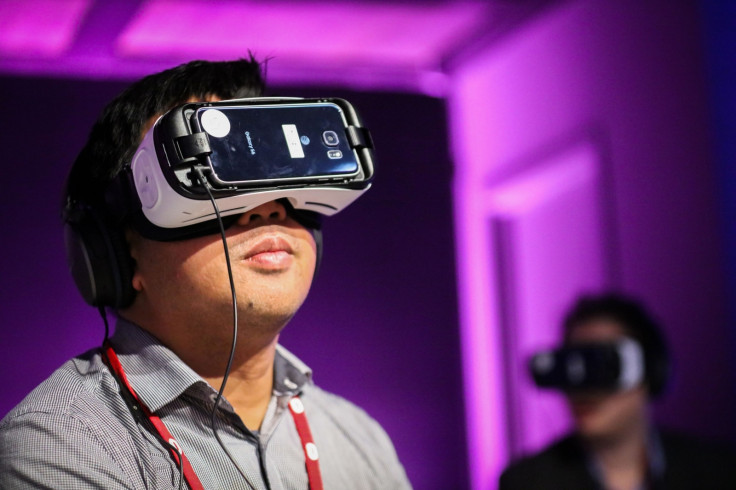Virtual reality to diagnose and treat vertigo in pioneering study
The study aims to identify individual triggers and better tailor treatment to patients.

Virtual reality could be used to diagnose and treat people with vertigo, doctors believe. A team of psychologists from Cardiff University in the UK are building virtual reality simulations that will be used to identify visual triggers in patients, in the hope that it will shed light on the causes of the condition and new rehabilitation techniques.
The study aims to further psychologists' understanding of visual vertigo, an often debilitating condition that causes episodes of severe dizziness and nausea in sufferers. The condition can be caused by damage to the vestibular system, the part of the inner ear responsible for balance and spatial orientation in mammals.
Exactly what causes the onset of episodes is unknown, although patients commonly report repetitive visual patterns, such as supermarket aisles, as a trigger. Contrasting patterns can also act as a catalyst, for example walking beside a river with moving water on one side and still land on the other.
Dr Georgina Powell, of Cardiff University's School of Psychology, told the BBC: "All the patients are very different and some environments might trigger symptoms for some patients whilst other environments might trigger symptoms for others.
"By using virtual reality (VR) we can have vast flexibility over the different types of environments that we can show to patients and we can find out what their individual triggers might be and then tailor specific rehabilitation therapies."
Participants in the study are fitted with a virtual reality headset and then subjected to a range of videos featuring common trigger scenarios. This includes real-world recordings from supermarkets, corridors and parks, as well as simplified, computer-generated environments with particular visual patterns.
These are shown to participants in different ways, such as standing still, rotating their head and moving forwards or backwards. Because episodes can be so incapacitating, patients are monitored closely and given "lots of breaks and lots of water".
"Generally they can only handle so much of the virtual reality images at one time - we have a bucket ready," said Dr Powell.
The psychologists hope that using virtual reality in this way will give them an accurate insight into how to visual and vestibular systems in visual vertigo patients react to trigger scenarios. According to the team the initial results are promising, and they believe the concept will hold even more potential as the price of virtual reality headsets come down.
Virtual reality's potential as a diagnostic and treatment tool is well-documented, with recent studies exploring how the technology can be used to treat depression, anxiety and phobias.
Dr Powell told IBTimes UK that VR technologies had "many potentially exciting applications" in the study and treatment of psychological and neurological conditions.
"In the past, VR technology was much more expensive and so it just wasn't a feasible option most of the time. But now that the price of VR has reduced dramatically, and the sophistication of the technology has at the same time increased, we can imagine a future where these sorts of technologies are common in clinics and even at home," she said.
"One of the main advantages of VR is the control one has over what a patient does or doesn't experience – this can used to gradually introduce particularly distressing stimuli to patients or to only present a certain subset of stimuli from a real life environment."
© Copyright IBTimes 2025. All rights reserved.






















